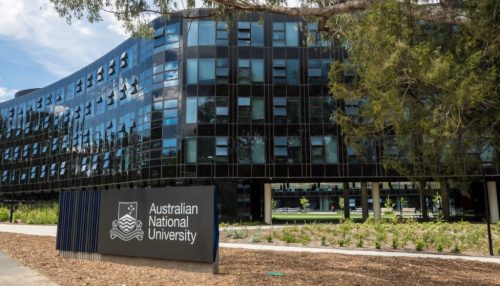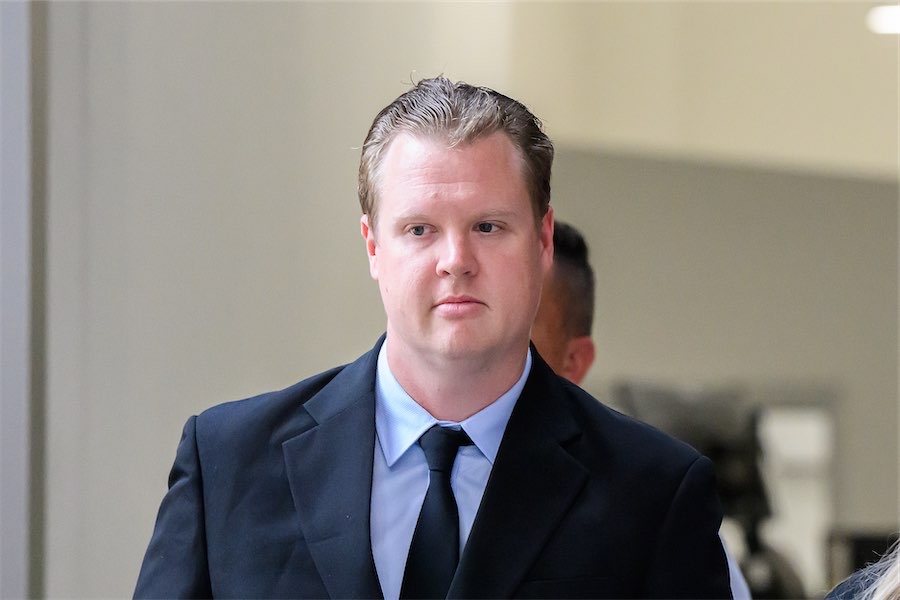 SACRIFICES of job losses and cuts to programs have contributed to minimise the huge debts that the Australian National University had been anticipating through a large part of the past year.
SACRIFICES of job losses and cuts to programs have contributed to minimise the huge debts that the Australian National University had been anticipating through a large part of the past year.
ANU recorded a $162.4 million operating deficit for 2020. It was expecting a $219 million loss after its forecast from a university recovery plan.
Vice-Chancellor Professor Brian Schmidt told staff and students in a letter after releasing key financial results on Friday (April 23) ahead of the formal tabling of its annual report later in the year.
“I thank each and every one of you for your unrelenting focus on our core work, in what have been unthinkably challenging circumstances,” Prof Schmidt said.
As part of a commitment of full transparency over its financial position, the final return was mostly due to the better-than-expected tuition income from its student retention ($22.7 million) and further income from research grants ($27 million).
The university “does not anticipate” any more job losses other than the already 467 axed staff feeling it but were modelled into its recovery plan.
“The difference between our forecast and the actual 2020 deficits is mostly due to tuition
income and income from research grants,” Prof Schmidt said.
“This does not mean we have $57m more than we thought we had – it simply means we have a smaller deficit.
“The sacrifices you have all made in the past year have gone a long way towards reducing
our deficit and future-proofing the university from further financial shocks.”
The reported accounting loss in 2020 was $17.7 million.
That came from the insurance proceeds of $91 million for 2018 flood and 2020 hail damage that can only be spent on related repairs.
There was also losses from investment returns of $61 million, which can only be used for superannuation and endowments.
The remainder came from a deferred superannuation expense of $11.5 million, but also from accounting adjustments of $3.8 million.
Prof Schmidt acknowledged the hurt that the number of crises has caused on the structure that has held ANU together.
“This has been the hardest 12-month period in our 75-year history and I know you are all
working extremely hard to steer the university towards a brighter future,” he said.
“I know the last year has been painful for all of us. But, we have a recovery plan in place.
“It is a solid plan and our plan is working. These are the first steps to our recovery, and making sure that ANU serves Australia and the world for many decades to come.”
FACTS AND FIGURES
? In 2020, the university’s operating deficit was $162.4 million
? ANU forecast a $219 million operating deficit in its recovery plan
? The university’s reported accounting deficit is $17.7 million
? In 2019, the university’s reported surplus was $317 million
? Full-time study load in 2020 was 17,422 (7,020 international and 10,402 domestic)
? In February 2020, full-time staff was 4,532 (1,817 academic and 2,715 professional)
? In February 2021, full-time staff was 4,096 (1,722 academic and 2,374 professional)
2020 income v 2019 income
? $81 million reduction in tuition fees due to a 21 per cent decrease in international
student load (1,774 effective full-time study load)
? $23 million reduction due to lower levels of commercial activity predominantly
attributed to the pandemic
? $172 million reduction of investment revenue due to the market’s response to the
pandemic
? $49 million reduction due to super computer completion and other revenue items
such as consultancy contracts
? $91 million increase due to insurance proceeds
2020 expenses v 2019 expenses
? $43 million increase in salary expenditure
? $66 million incurred for separation payments
? $9 million reduction in casual salaries
? $20 million increase in student accommodation costs to cover students not able to
take up residence
? $8 million increase student travel bursaries and scholarships predominantly related
to the pandemic and student hardship relief
? $29 million reduction in other non-salary expenditure
Who can be trusted?
In a world of spin and confusion, there’s never been a more important time to support independent journalism in Canberra.
If you trust our work online and want to enforce the power of independent voices, I invite you to make a small contribution.
Every dollar of support is invested back into our journalism to help keep citynews.com.au strong and free.
Thank you,
Ian Meikle, editor




Leave a Reply